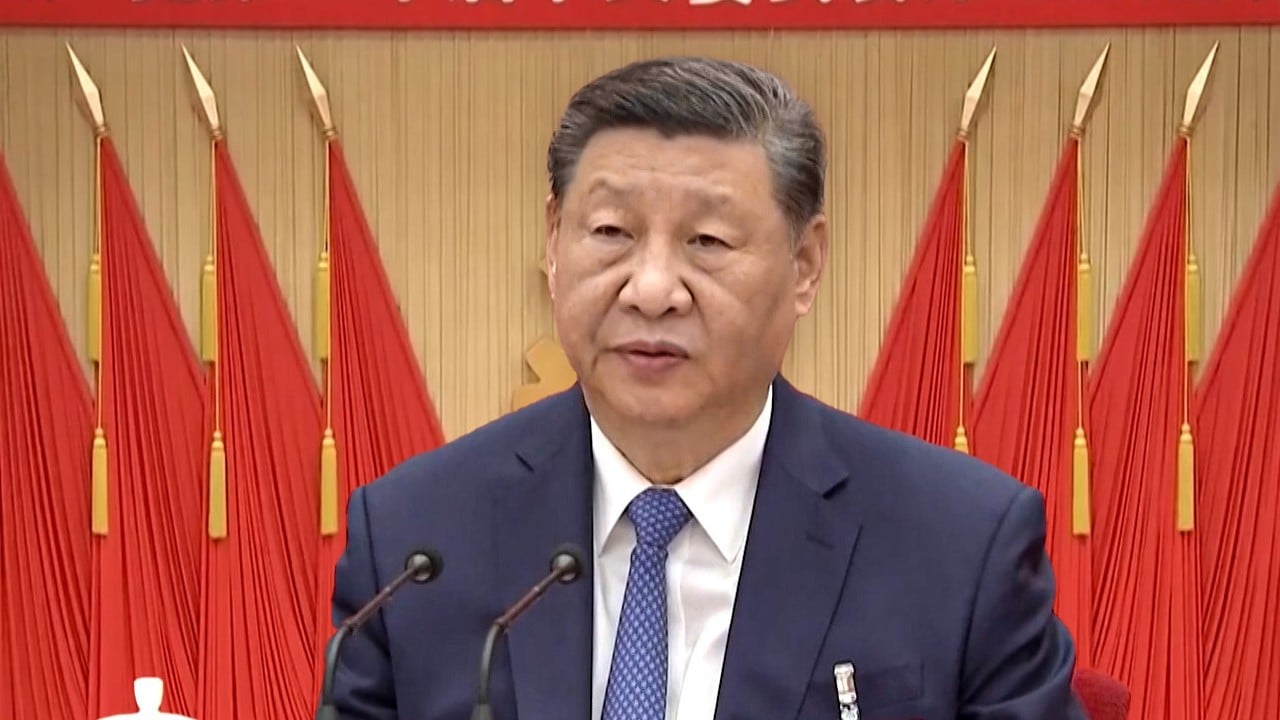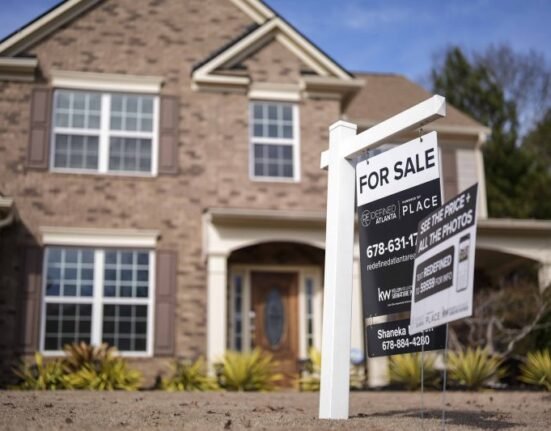China should consider expanding its property tax trial to Shenzhen and some low-tier cities, said a senior government adviser, a move that would pave the way for the much-delayed legislation and nationwide implementation and also bring a new source of revenue for debt-ridden local governments.
Shenzhen, which is home to tech giants such as Huawei, Tencent and DJI, would be an ideal choice to explore tackling the local land dilemma, said Yin Zhongli, a senior real estate finance expert at the Chinese Academy of Social Sciences governmental think tank. He was hired as an adviser serving as a counsellor for China’s cabinet, the State Council, two months ago.
Around half of the housing in the southern mainland Chinese city that borders Hong Kong is situated on rural land collectively owned by communities, which restricts property rights and hampers the implementation of property tax, he added.
The suggestion came at a time when municipal and county-level governments are struggling with huge debts and falling revenues from land sales and taxes.
According to the Ministry of Finance, confirmed debts totalled 42.6 trillion yuan (US$5.97 trillion) as of the end of June, while estimates also put implicit debts in the trillions of yuan.
China’s proposed property tax, akin to the system used in the United States, is widely viewed as a potentially stable source of income that local governments could count on to empower their fiscal capability and help address their debts.
The property tax pilot programme began in 2011 in Shanghai and Chongqing.
China’s top legislature did not include property tax legislation in its five-year plan last year.
Imposing a property tax nationwide at this critical moment could push the market over the edge, intensifying the negative loop
“The real estate market is caught in a vicious cycle of debt defaults, declining sales, and tightened credit” said Yin.
“Imposing a property tax nationwide at this critical moment could push the market over the edge, intensifying the negative loop.
“Plus, implementing a property tax could cause housing rents to rise, directly affecting young people’s affordability as landlords might offset the impact of a property tax by increasing rental prices.”
Yin suggested expanding the property tax pilot programme beyond major cities like Chongqing and Shanghai, which have had property taxes in place for over 10 years, to include third- or fourth-tier cities in order to accumulate more experience.
The expansion of the pilot programme was also suggested last year by former finance minister Lou Jiwei.
“Property tax is the most suitable tax to be levied at the local level. It should be piloted as soon as the economy returns to normal growth,” wrote Lou in an article published in March 2023.
The scope of the pilot programme, though, remains relatively limited as only high-priced homes are included.
Newly purchased homes in Shanghai are subject to a property tax of 0.6 per cent.
But for homes priced below twice the average selling price of new residential properties in the city during the previous year – which was 91,954 yuan (US$12,890) per square metre in 2023 – the tax rate is reduced to 0.4 per cent.
Chongqing, meanwhile, charges tax on new homes with a market price above 29,616 yuan per square metre.
Starting this year, the tax rate was reduced to a flat 0.5 per cent, resulting in a substantial decrease in the amount of tax payable by homeowners.









